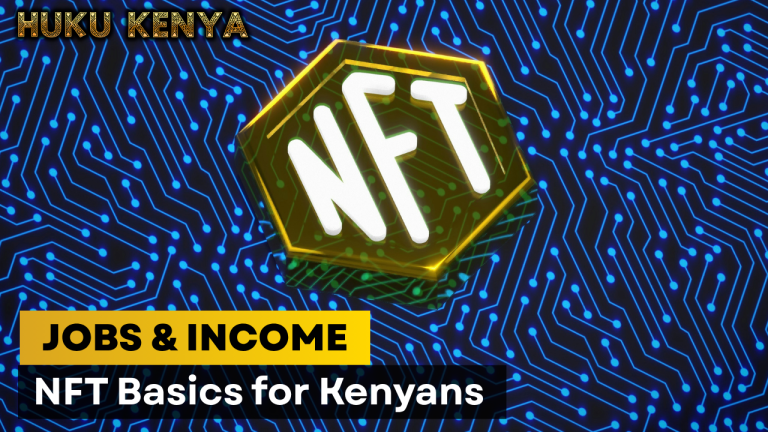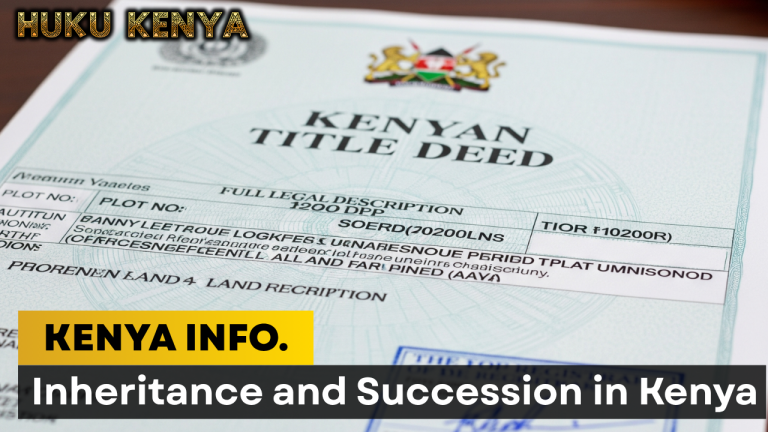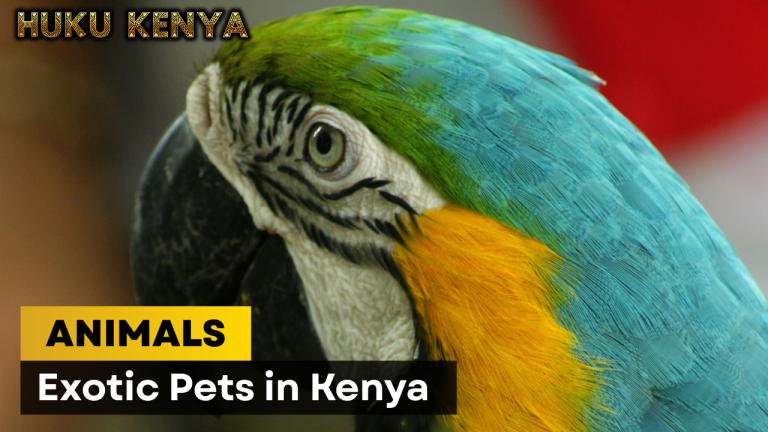In a low-key ceremony at State House, Nairobi, President William Ruto assented to eight significant bills on Wednesday, October 15, 2025, marking a major legislative milestone for Kenya’s economic and regulatory reforms. The signings, which included groundbreaking legislation on cryptocurrency regulation and anti-money laundering, occurred just hours before the shocking news of opposition leader Raila Odinga’s death broke, drawing sharp criticism for their timing and perceived lack of transparency.
The bills, passed by Parliament in recent months, aim to modernize Kenya’s financial systems, combat illicit flows, and bolster sectors like insurance and disability rights. Ruto’s action underscores his administration’s aggressive push for digital and fiscal transformation, but the subdued rollout—amid a nation soon to be gripped by grief—has sparked accusations of opportunism from critics who argue the government sought to evade public scrutiny.
A Sweeping Package of Reforms
- Virtual Asset Service Providers (VASP) Bill, 2025
- Kenya’s first comprehensive crypto law, regulating exchanges, wallets, and blockchain businesses.
- Positions Kenya as Africa’s fintech frontier with licensing mandates and anti-money laundering safeguards.
- Passed on October 7, 2025; boosts investor confidence but poses enforcement challenges for startups.
- Anti-Money Laundering and Combating of Terrorism Financing Laws (Amendment) Bill, 2025
- Enhances reporting on suspicious transactions and proliferation financing.
- Strengthens global compliance, averting potential FATF grey-listing after amendments in April 2025.
- Insurance Professionals Bill, 2024
- Establishes the Insurance Institute of Kenya to regulate practitioners and ensure ethical standards.
- Creates a council for oversight, addressing long-standing sector gaps.
- Persons with Disabilities Bill, 2025
- Guarantees rights to education, employment, healthcare, political participation, and accessible spaces for PWDs.
- Ruto calls it a “milestone for inclusivity,” urging stakeholder collaboration.
- Privatisation Bill, 2025
- Allows government to divest state-owned enterprises without repeated parliamentary approvals.
- Promises efficiency but risks reducing public oversight and enabling political deals.
- County Governments Additional Allocations Bill, 2025
- Allocates KSh8.4 billion conditional, KSh116 million unconditional, and KSh42 billion from partners for 2024/2025.
- Mandates transparent transfers and monthly reporting for equitable devolution.
- Supplementary Appropriation Bill, 2025
- Authorizes additional funding for ongoing reforms, supporting budget reallocations.
These laws align with Ruto’s Bottom-Up Economic Transformation Agenda, aiming to address historical injustices, enhance accountability, and accelerate digital reforms, as per a State House release.
Timing Draws Backlash Amid Odinga’s Death
- The signings were held quietly at State House with no public event or media briefing.
- News of Odinga’s death hours later shifted focus, prompting social media accusations of “strategic distraction.”
- Governance analyst Cecil Mwangi noted on October 16, “Major bills deserve open debate, not a veil of grief.”
- Opposition figures demand parliamentary review, while Ruto’s allies call it routine, citing rigorous scrutiny.
The controversy reflects tensions from 2024 Finance Bill protests, potentially reigniting youth activism as mourning unfolds.
Implications for Kenya’s Future
- VASP Bill: Catapults Kenya into the crypto era, attracting global players while managing risks like stablecoin volatility.
- Anti-Laundering Amendments: Bolsters international standing and financial integrity.
- PWD Bill: Advances inclusivity with mandates for ramps, braille, and quotas.
- Privatisation and County Bills: Promise efficiency and devolved growth with billions injected into local services.
Implementation challenges

























